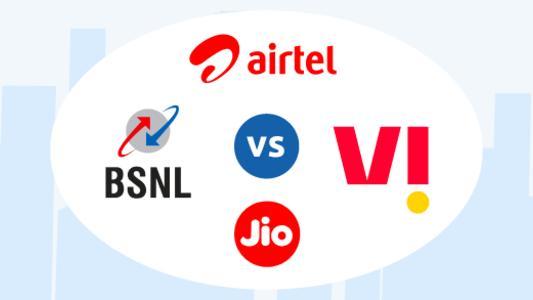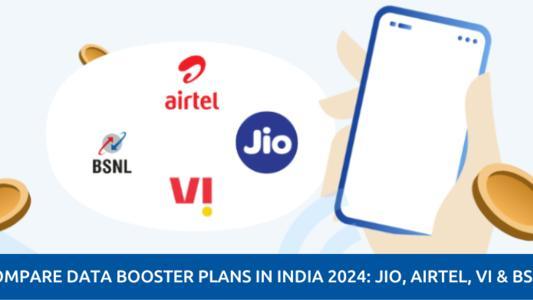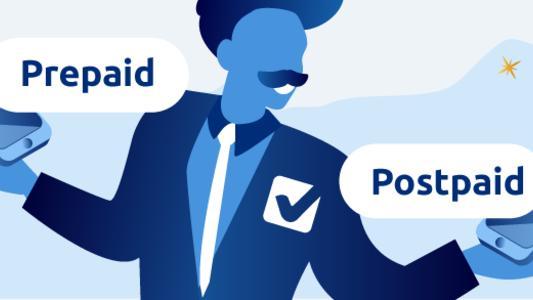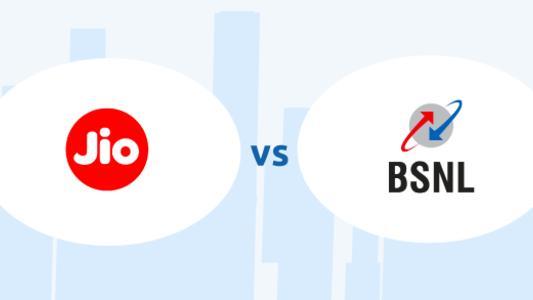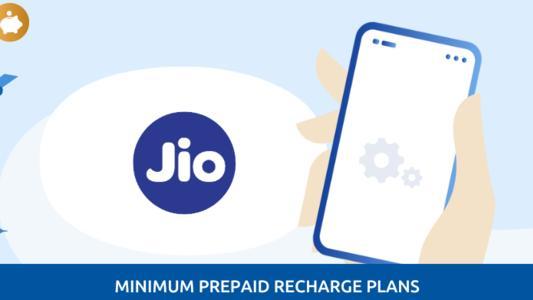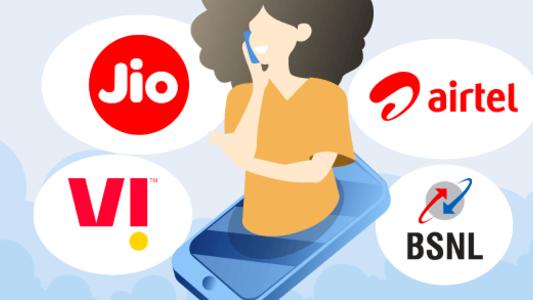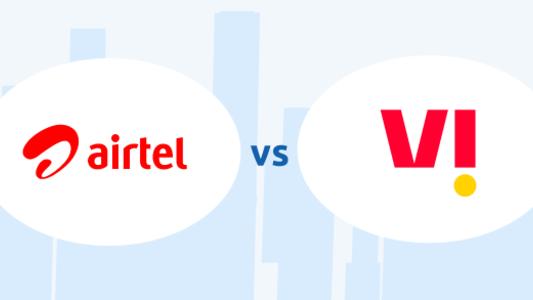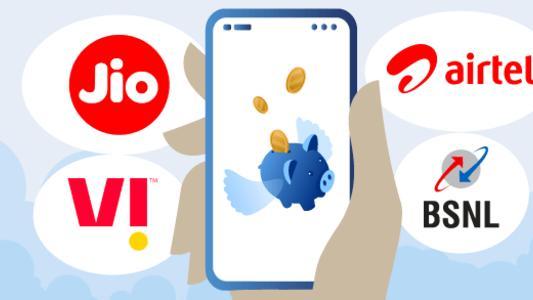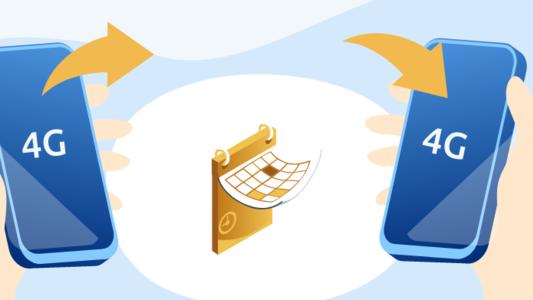Why Leased Lines Are Beneficial For Businesses

There is nothing more aggravating in the workplace than connectivity problems, sluggish page loading times, and unresponsive websites, is there? If you polled professionals from across industries, internet connectivity would undoubtedly score high on a list of top workplace complaints. However, the good news is that leased lines are an underutilized yet extremely effective alternative for both small and large enterprises.
Leased lines have been around since the 1970s, although they were not commonly used until the internet boom in the 1990s. Leased lines are becoming increasingly popular for businesses that want to secure their data and enhance productivity as Internet speeds and dependence on digital connection reach new heights. They are now a more popular alternative to traditional data connections – and as a result, it is critical to understand the fundamentals.
In this article, we will first understand what a leased line is, how it fares against broadband connections and the benefits of leased line connections for businesses.
Allowing time for delays during the provisioning of your leased line order is critical when planning your order. There are numerous influences to consider, some of which we can control and others which we cannot.
Internet Leased Line Characteristics:
- Private data link based on fiber that can reach speeds of up to 10 Gbps.
- It is possible to link numerous properties and places.
- Provides site and application filtering as well as bandwidth control.
- Ensures a more secure data connection.
- During peak periods, it is used for frequent web conferencing, big file uploads, and data streaming.
- SLAs for latency, durability, and packet loss from end to end.
The Types of Business-Grade Leased Line Connections
There are 3 kinds of business connections available: FTTC, FTTP, and EFM. Each one of these alternatives is appropriate for a distinct set of business connection requirements.
FTTC
FTTC is an abbreviation for Fibre to the Cabinet. With FTTC, approximately half of the connection is made up of fiber optic cables that approach a street-level cabinet. Copper wiring is used to complete the required 50% of the connection. As laying a fiber optic cable straight into the premises is problematic or impracticable, an FTTC business connection is a more viable alternative.
The advantages of a FTTC connection:
- Excellent results for small enterprises
- Widespread accessibility
- Medium fiber
- Faster speeds
FTTP
FTTP is an abbreviation for Fibre to the Premises. In contrast to FTTC, FTTP delivers fiber internet straight to the premises through fiber-optic lines. In most situations, this type of connection is the most dependable and fastest fiber connection accessible to companies. FTTP is uncontended and provides equal upload and download speeds of up to and above 10Gbps. Moreover, as this type of connection is extremely scalable, it can be rapidly and readily upgraded to meet the demands of increasing businesses.
The advantages of an FTTP:
- Excellent results for larger businesses
- Scalable
- Fibre medium
- Uncontended speed
- Extremely rapid speed
- Excellent dependability
EFM
EFM refers to Ethernet in the First Mile, and it may supply companies with up to 40Mbps of speed through connected copper lines. The efficiency of an EFM connection is determined by the distance of the location from the transmission.
The advantages of a EFM connection:
- Excellent performance for small enterprises
- Symmetrical line
- Easy to install
- Great reliability
Leased Line VS Broadband: Which Is Better For Businesses
The benefits of a leased line over a broadband connection isn’t just about the download speeds (which may be slower), but also in the fact that you'll have the very same speed across both directions (synchronous connection). There would also be no interference from other businesses and individuals utilizing the network, ensuring that performance standards are maintained despite the time of day.
Moreover, a leased line's synchronous nature implies that data is sent at the same pace in both directions. Hence, if your vital business processes may be dependent on having an internet connection, like having cloud-based solutions, this same speed is a huge benefit because you'll be sending and downloading enormous amounts of data.
A synchronous connection also makes it easier to employ communication services like video conferencing and VoIP telephone, which are becoming incredibly common among corporate customers.
It’s also important to understand that even ‘unlimited' broadband generally comes with a ‘fair use' provision that limits how much you can download by slowing your connection if you're using it too much. This is frequently tailored to high traffic times as well. It's pointless to have limitless bandwidth in the middle of the night if you don't need it throughout the day.
On the other hand, there are no use restrictions on the volume of data you may transmit using a leased line, so you won't get a surprise fee if you go over your data allocation during peak periods. Hence, without a doubt, leased lines are a preferable option for businesses.
The Advantages of A Leased Line
Let's go over some of the business-specific advantages of having a leased line Connection to the internet at your workplace when you've got a basic grasp of how leased lines function – or at least how they do it.
1. Faster Speeds
The bandwidth you have with consumer-grade broadband Internet is affected by a variety of factors, including how many users are using the line at the same time, as well as the amount and type of data they're transferring. This is referred to as the conflict ratio, and it is frequently larger than you may imagine. Since more people use your connection during peak hours, it slows down. With leased lines, that’s not the case.
Leased line contention ratio for Internet connections is one to one. This implies that all the bandwidth is for you to use. There is no stuttering during busy hours, and there is no need to be concerned about who really is online or even how many people are downloading movies. The possible speeds for leased lines are likewise significantly greater. The exact speed you receive is determined by how much you are prepared to spend, but those with a big budget can get speeds of up to 100 Gb/s.
So for all of the activities that are critical for business – such as Internet browsing, video calls, VoIP services, and file transfer - a leased line ensures excellent levels of speed.
2. Accessible & Inexpensive
A leased-line is an internet service with dedicated capacity that is utilized solely by your team. It is a persistent link between the two points, one of which being the Internet service provider's point of existence and the other being your company's facilities. This allows all members of your company to utilize the internet without disruption, making it more accessible.
Your internet connection cannot be shared with anybody else. The speed does not change as much, and if you require the internet during peak business hours, you may be at ease and focus on the task at hand. With many small companies utilizing leased lines to improve production and performance, the services have become considerably cheaper while also providing high speed.
As a result, when selecting the finest internet plans, you should constantly consider the bandwidth provided, download as well as upload speeds, time span of service provided, and so on.
3. Improved Security
Leased lines provide a considerably better level of security than broadband alternatives. As leased lines were created particularly for your company's use, the data connection happens between multiple locations that are managed by your company.
So, since you're not exchanging information on a public network, this provides increased security. As a result, leased lines are great for businesses since vital private information is kept in a safe location.
4. Interaction with Customers & Team Members
If you own a start-up or perhaps a small business, you should maintain constant and seamless connection with your customers. Effective communication is important for the success of any business. As a result, for a seamless sharing of ideas and needs, or discussions via conference calls, video calls, or emails sending or receiving, you need to have a push with a decent broadband plan that provides excellent internet speed. This is possible with leased lines.
Consider a terrible internet connection stopping you from sending an essential email, or a recurrent disruption causing a poor connection to appear when participating in video conferences. Not acceptable at all, isn’t it?
As a result, high-performance internet connection through leased lines may substantially assist small enterprises in this respect, boosting growth and productivity.
5. Enable Remote Working
One great advantage of leased lines is that workers are able to connect from home to their work desks and PCs. This additional flexibility might help companies create effective workplace settings that your employees can greatly benefit from.
When there is a cost to instal the leased line, there may be excess construction charges. This is only known after you've placed your order and completed the site study; it's usually for things like having to physically dig up the road to lay fibre, etc.
How To Choose The Right Leased Line Provider?
Once you’ve decided to get a leased line for superior internet connection for your business, you need to focus on getting the right leased line provider. Here are some of the considerations in the assessment of different options:
- Customer Care Support
The customer support standards you would receive are arguably the most crucial factor to consider when selecting a leased line supplier. Whenever it comes to customer service, among the most important elements is the assistance you receive whenever your connection starts going down.
While leasing lines are dependable, you should always have a safe fallback plan in place. This is because downtime problems do not always occur during office hours, it is always better to select a network provider that provides dependable round-the-clock customer care.
- Packages Offered
A reputable business leased line supplier will give numerous service packages with varying speeds and features. This allows you to select a service that is tailored to your unique company needs instead of a one-size-fits-all solution that may not meet your demands.
- Price
Once you've decided on the type of service bundle you want, scout the market and become acquainted with the pricing on offer. You may use this data to predict whether or not you are being given a reasonable quote. While the cheapest cost should not always be the deciding factor in your provider selection, you really do not want to spend more than required.
As you'll see, there is indeed a lot to think about when selecting a business leased line, however when your company requires the speed and dependability of a fiber leased line, you need to have a provider that will give you with the greatest speed and dependability, and also personalized service and technical knowledge.
Conclusion
Talk with your organization's decision-makers and zero in on what is most important to your company. After comparing these variables to those listed above, you should be able to narrow your choice down to one or two possibilities, and get started with high-quality internet speed!
